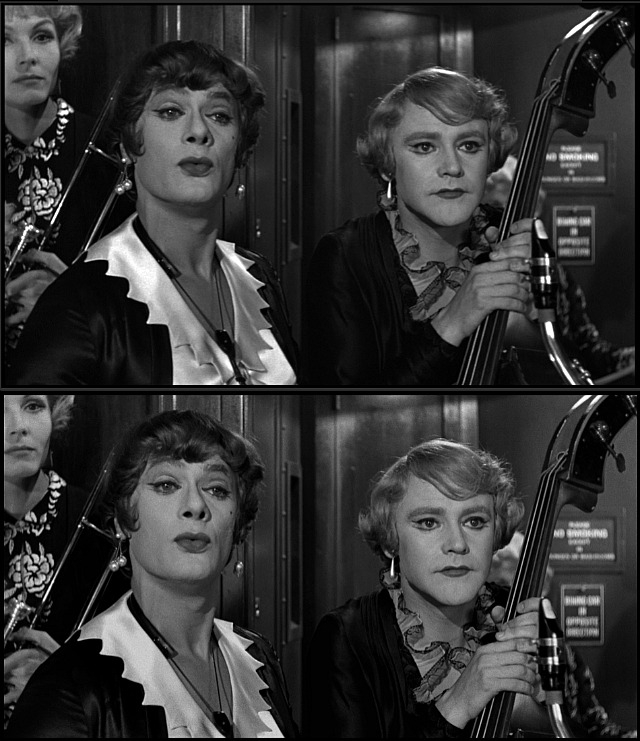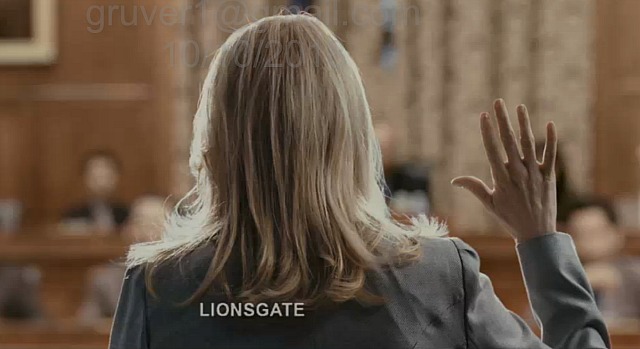So what’s the thinking behind Warner Bros.’ A Star is Born and 20th Century Fox’s Bohemian Rhapsody being submitted as dramas for the 2019 Golden Globe awards, instead of the expected musical or comedy category?
I’m presuming that the Warner Bros. strategists are calculating that a Golden Globes comedy/musical category may result in a kind of Academy-mindset downgrade for A Star Is Born. They want Bradley Cooper‘s romantic musical drama to be regarded as a burnished, triple-A effort in all respects and therefore Best Picture material, and so they’re going for a higher grade of estimation.
[Click through to full story on HE-plus]








